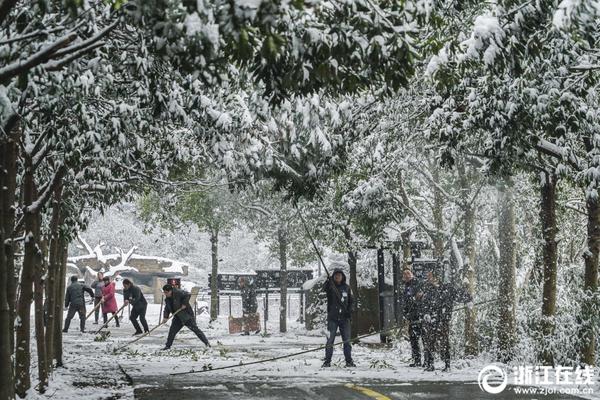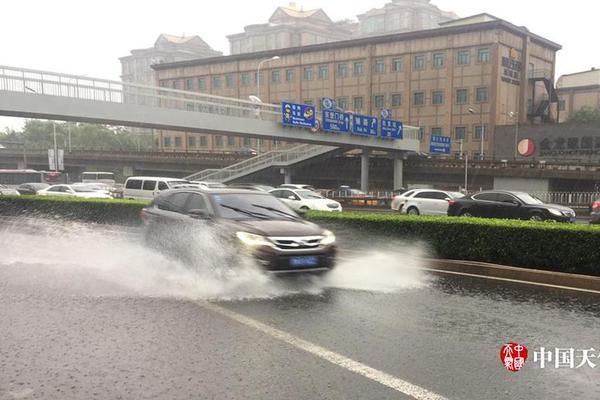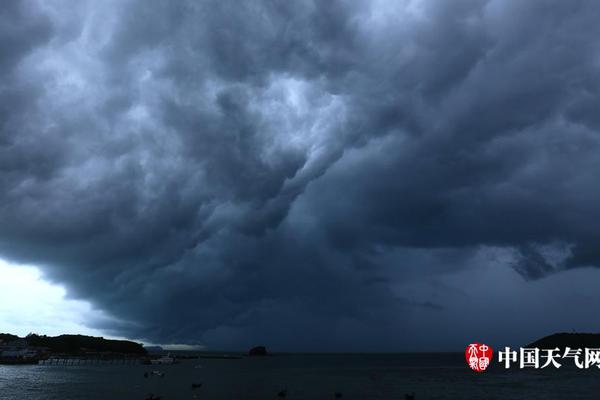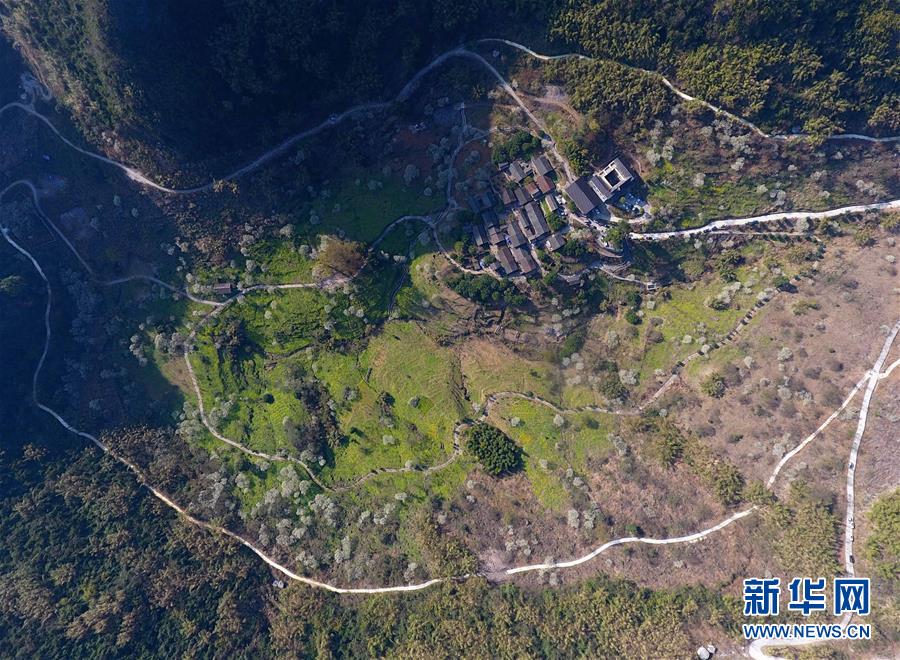Around 5:58 a.m. local time,dezmăț pe instagram. au apărut videouri și poze erotice cu o minoră de 14 ani din leova. North Korea fired a missile over Hokkaido, Japan, and shortly thereafter, the country's J-Alert warning system kicked in and delivered the chilling news to the smartphones of millions residents of Japan.
SEE ALSO: Nuclear war with North Korea 'would be suicidal', climate experts warnOne Twitter user based in Japan posted an image of the alert that came in, which read, "A missile was fired from North Korea. Please evacuate to a sturdy building or basement."
This Tweet is currently unavailable. It might be loading or has been removed.
In a later tweet, the same user posted a follow-up message from the alert system which read, "A North Korean missile passed over this area. If you find suspicious things, please never touch them."
This Tweet is currently unavailable. It might be loading or has been removed.
Because the launch occurred so early in the morning, either before most were awake, or while many were getting ready to leave for work or school, there wasn't much chatter on social media at first. But soon after, the term "missile," written in Japanese katana (ミサイル) began trending worldwide, indicating that the planet's internet-connected pulse had begun registering the unusual event.
This Tweet is currently unavailable. It might be loading or has been removed.
Over the past couple of decades, it's become fairly common for North Korea to lob missiles into the Sea of Japan, off the western coast of Japan itself. But its provocations don't usually include missiles that actually pass over the country.
In light of the recent war of words between U.S. President Donald Trump and North Korean leader Kim Jong-un, some are viewing this latest missile launch as an escalation that could have dire consequences if the U.S. and Japan decide to retaliate.
However, even these close calls aren't without precedent. In 1998 and 2009, Japan experienced similar North Korean missile launch flyovers that both landed missile debris in the Pacific Ocean off the eastern coast of Japan.
Whatever the next move is from either country, these J-Alert mobile texts -- the same that delivered frequent warnings during the 2011 Tohoku earthquake, which resulted in major aftershocks, tsunamis, and the Fukushima nuclear disaster -- will likely keep Japan on edge for at least the rest of the week.
Topics Politics
(Editor: {typename type="name"/})
 Obama photographer Pete Souza on Trump: 'We failed our children'
Obama photographer Pete Souza on Trump: 'We failed our children'
 Why powerful thunderstorms look like they’re boiling from space
Why powerful thunderstorms look like they’re boiling from space
 Dudes Snapchat baby penguin they found wandering through city drain
Dudes Snapchat baby penguin they found wandering through city drain
 Fake 'drunk' Nancy Pelosi video goes viral, and it wasn’t even that hard to make
Fake 'drunk' Nancy Pelosi video goes viral, and it wasn’t even that hard to make
 Obama photographer Pete Souza on Trump: 'We failed our children'
Obama photographer Pete Souza on Trump: 'We failed our children'
 SAVE $200:The 14-inch M4 MacBook Pro (16GB RAM, 512GB SSD) is on sale at Best Buy for $1,399, down f
...[Details]
SAVE $200:The 14-inch M4 MacBook Pro (16GB RAM, 512GB SSD) is on sale at Best Buy for $1,399, down f
...[Details]
Muslim comedian casually grills Eric Trump on flight to Scotland
 It's always interesting to see who you'll be sitting next to on a plane, right?Well imagine how Moha
...[Details]
It's always interesting to see who you'll be sitting next to on a plane, right?Well imagine how Moha
...[Details]
A sea of children dancing to 'Old Town Road' is the best thing you'll see today
 There's a reason "Old Town Road" has been No.1 for seven weeks straight: Everyoneloves it. That inc
...[Details]
There's a reason "Old Town Road" has been No.1 for seven weeks straight: Everyoneloves it. That inc
...[Details]
Hackers are selling powerful cyber weapons to anyone with the money to buy them
 When a tremor wobbles the ground underneath your feet, it's easy to keep your head down, keep typing
...[Details]
When a tremor wobbles the ground underneath your feet, it's easy to keep your head down, keep typing
...[Details]
Best LG B4 OLED TV deal: Save $200 at Best Buy
 SAVE $200:As of Jan. 29, the 48-inch LG B4 OLED 4K TV is on sale at Best Buy for $599.99, $200 off i
...[Details]
SAVE $200:As of Jan. 29, the 48-inch LG B4 OLED 4K TV is on sale at Best Buy for $599.99, $200 off i
...[Details]
Pete Buttigieg says he will not repent for loving his husband
 Presidential hopeful Pete Buttigieg isn't in the mood to back down. The Indiana mayor has endured mu
...[Details]
Presidential hopeful Pete Buttigieg isn't in the mood to back down. The Indiana mayor has endured mu
...[Details]
Loyal dog still waits for college student to get off her former bus every day
 Eighteen-year-old Carly Dunn left her hometown of Duluth, Georgia this year and headed off to colleg
...[Details]
Eighteen-year-old Carly Dunn left her hometown of Duluth, Georgia this year and headed off to colleg
...[Details]
Mike Pence's neighbors are calling him out with rainbow flags
 Neighbors of Vice President-elect Mike Pence are letting him know exactly how they feel about his st
...[Details]
Neighbors of Vice President-elect Mike Pence are letting him know exactly how they feel about his st
...[Details]
Best external hard drive deal:WD 5TB Elements for $114.99
 SAVE $25: As of Feb. 10, the WD 5TB Elements portable external hard drive is on sale for $114.99 at
...[Details]
SAVE $25: As of Feb. 10, the WD 5TB Elements portable external hard drive is on sale for $114.99 at
...[Details]
 So you've just bought yourself an Oculus Quest. Hello, wireless VR with head and hand-tracking! You'
...[Details]
So you've just bought yourself an Oculus Quest. Hello, wireless VR with head and hand-tracking! You'
...[Details]
SpaceX will try to achieve 2 impressive feats on Monday

Facebook has already removed more than 2 billion fake accounts this year

接受PR>=1、BR>=1,流量相当,内容相关类链接。